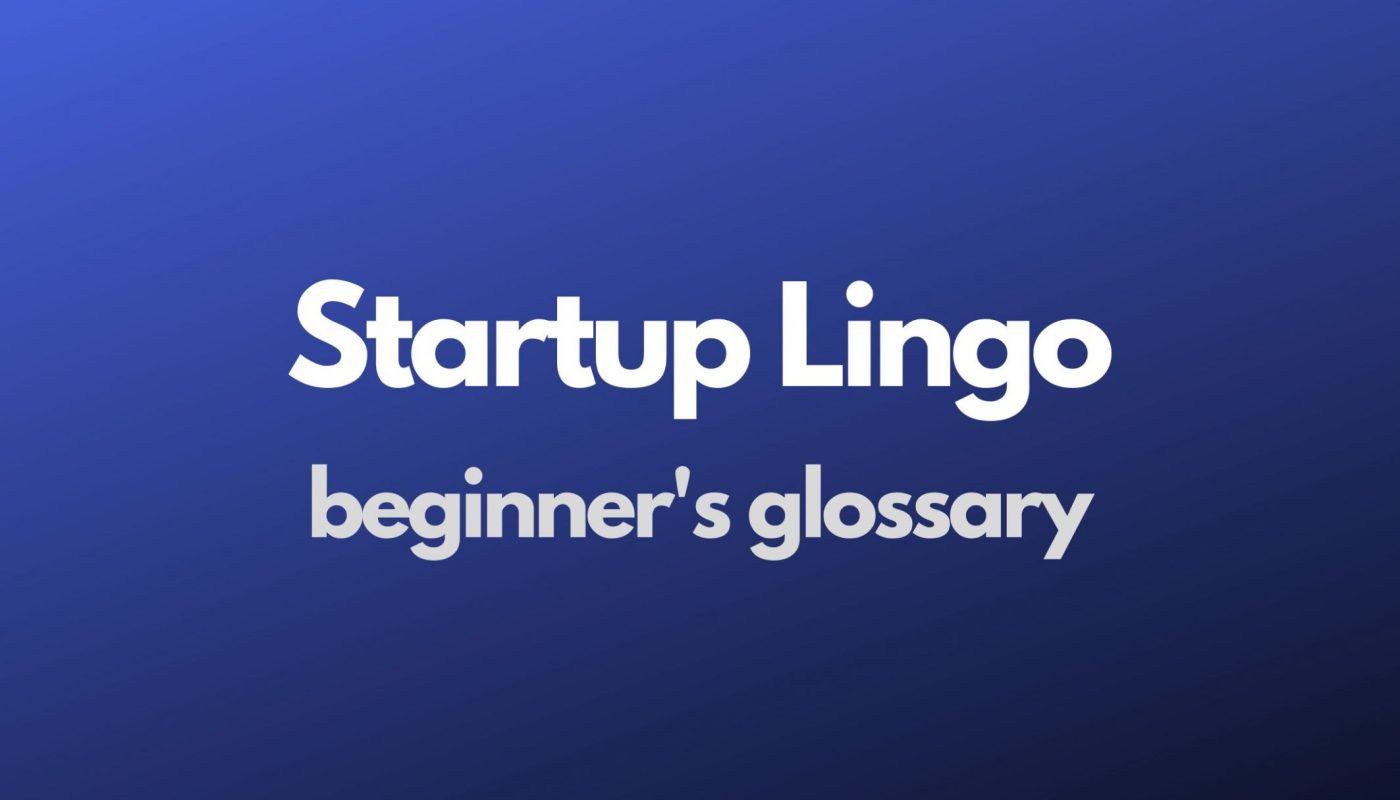Hello everyone,
In this post we will take a look at some of the most frequently used words and basic concepts of startup world. Knowing the startup jargon will help you a lot understanding conversations and articles if you are interested in startups news, considering to work at a startup or already working at one. I compiled the following 12 explanations for you:
-
Exit
An exit happens when an investor/shareholder sells all of her shares of a certain company. A profitable exit is the dream of every investor.
-
IPO
Initial public offering means that company shares can be traded and owned by public investors, the company goes public. It is a way of raising capital from the public.
-
Freemium
Free+premium= Freemium. A business model that offers customers the main product for free, but charges money if customers wants to use additional services. Have you ever used Canva? It is a freemium example.
-
MVP
Minimum viable product is the product or service in the mind of the entrepreneur with the minimum applicable features. Imagine you have an idea and you want to put it working immediately. Then you can create the minimum it takes to be useful and it would be called minimum viable product. Most business ideas start with an MVP that is extended with additional features over time.
-
ROI
Return on investment is a measure of financial performance. It helps finding the correlation between the return from an investment and the investment made. So if the return is higher than the investment, it means your investment is ROI+, if you couldn’t even get back what you invested, it is a ROI- investment.
-
Unicorn
It is the name given to privately-held companies that have reached more than $ 1 billion in financial value. According to bcinsights.com data, there are more than 600 unicorns globally.
-
Angel Investor
This term is used for individual investors who invest in startups, mostly in their early stages. They usually receive company shares in return for their investments.
-
Vesting Period
This term applies to startups where company shares are given to employees. Vesting period is the time period that you should work for that company to collect all of your shares. Company’s vesting periods are usually 3 or 4 years. It is a clever way of making the employees keep working at a company, right?
-
Cliff
Cliff is the period to overcome in order to own the shares that are given to you. If your vesting period is 3 years with a 6 month cliff, then you won’t own the first 1/6 of the shares offered to you before completing 6 month after being given shares.
-
Seed Funding
It is the first official small-scale investment that the entrepreneur will receive to bring his idea to life. With the seed fund, an entrepreneur aims to prepare her business for the next round of investments.
-
Series A
It is the investment after seed funding. Most companies in this stage already built their core teams and product and started to have better KPIs. According to Investopedia, “The average Series A funding as of 2020 is $15.6 million.”
-
Pitch
It is a short, meaningful and clear presentation of a business plan to investors. Entrepreneurs pitch their ideas because they need cash to work on and improve their products and services which then hopefully get more investments. We use this term in daily life as well, if you have a brilliant idea and you need to explain it to your manager to get her support then you are pitching your idea to her.
Have you heard/known any of this words before? Drop a comment below if you did and share what you already knew or just learnt with me. 🙂




I really like this entry. It simplifies everything, making it easy for people to understand. Thanks for the compilation! 🙂
Thanks for gathering these terms under one article, definitely makes is easy to understand. I was wondering when a start-up becomes a scale up?
Hey Ezgi, thanks for the comment!
Here is a basic comparison from rocketspace.com:
Startup: A company in the early stages of determining product-market fit, experimenting with customer segmentation and working toward a positive contribution margin.
Scale-up: A company that has already validated its product within the marketplace and has proven that the unit economics are sustainable.
If you want to read more, go here: https://www.rocketspace.com/tech-startups/7-key-differences-between-startups-and-scale-ups#
Hi Demet! I enjoyed reading it ans definitely learned some new terms such as vesting period, cliff and unicorn.. Thank you for putting it in such an understandable way!
Great to hear that, thanks Sofia! 🙂
Wow, this post made our lives much easier! I found it really informative and most importantly, useful! Thank you for writing about this topic and for sharing it with us.